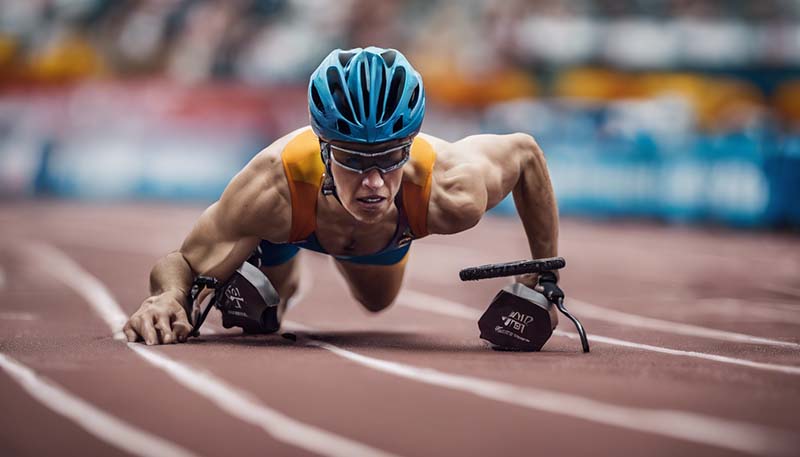Nutrition for Paralympic Athletes: Overcoming Barriers
2024-06-02
Nutrition for Paralympic Athletes: Overcoming Barriers
This article discusses the unique nutritional challenges faced by Paralympic athletes and explores strategies to overcome these barriers for optimal performance and health.
Introduction
Paralympic athletes are an inspiration to many, demonstrating incredible strength, skill, and determination in the face of adversity. Nutrition plays a critical role in supporting their training, performance, and recovery. However, these athletes often face unique challenges that can affect their nutritional status and overall well-being.
Unique Nutritional Challenges
1. Accessibility and Affordability
Paralympic athletes may face financial constraints that limit their ability to access high-quality, nutrient-dense foods. Additionally, the cost of specialized sports nutrition products can be prohibitive.
2. Medical Conditions and Dietary Restrictions
Many Paralympic athletes have underlying medical conditions that require specific dietary modifications. These restrictions can make it challenging to meet their nutritional needs for optimal performance.
Advertisement
3. Limited Research and Information
There is a lack of research on the specific nutritional needs of Paralympic athletes. This makes it difficult for athletes, coaches, and sports dietitians to develop evidence-based nutrition plans.
4. Social and Cultural Factors
Paralympic athletes may experience social and cultural barriers that affect their food choices and eating habits. These can include societal attitudes towards disability, as well as limited access to suitable food options when traveling.
Strategies to Overcome Nutritional Barriers
1. Individualized Nutrition Plans
Athletes should work with a sports dietitian to develop an individualized nutrition plan that takes into account their specific needs, preferences, and restrictions.
2. Education and Support
Education on the importance of nutrition for performance and health is crucial. Paralympic athletes should be provided with resources and support to help them make informed food choices.
3. Collaboration with Healthcare Providers
Collaboration between sports dietitians, coaches, and healthcare providers is essential to ensure that athletes receive comprehensive care that addresses both their physical and nutritional needs.
4. Advocacy for Inclusive Policies
Advocacy for inclusive policies and resources can help to address the financial and social barriers that Paralympic athletes face. This includes lobbying for increased funding and support for Paralympic sports and athletes.
5. Research and Innovation
Increased research into the specific nutritional needs of Paralympic athletes is necessary to inform best practices and develop targeted interventions. Innovation in sports nutrition products and services can also help to address the unique challenges faced by these athletes.
Conclusion
Paralympic athletes face unique nutritional challenges that require tailored approaches and support. By working together, athletes, coaches, sports dietitians, and healthcare providers can help to overcome these barriers and ensure that Paralympic athletes have the nutrition they need to perform at their best and maintain their health.
References
(Note: This section would include a list of references or sources used in the article. For the purpose of this example, it is left blank.)

Comments